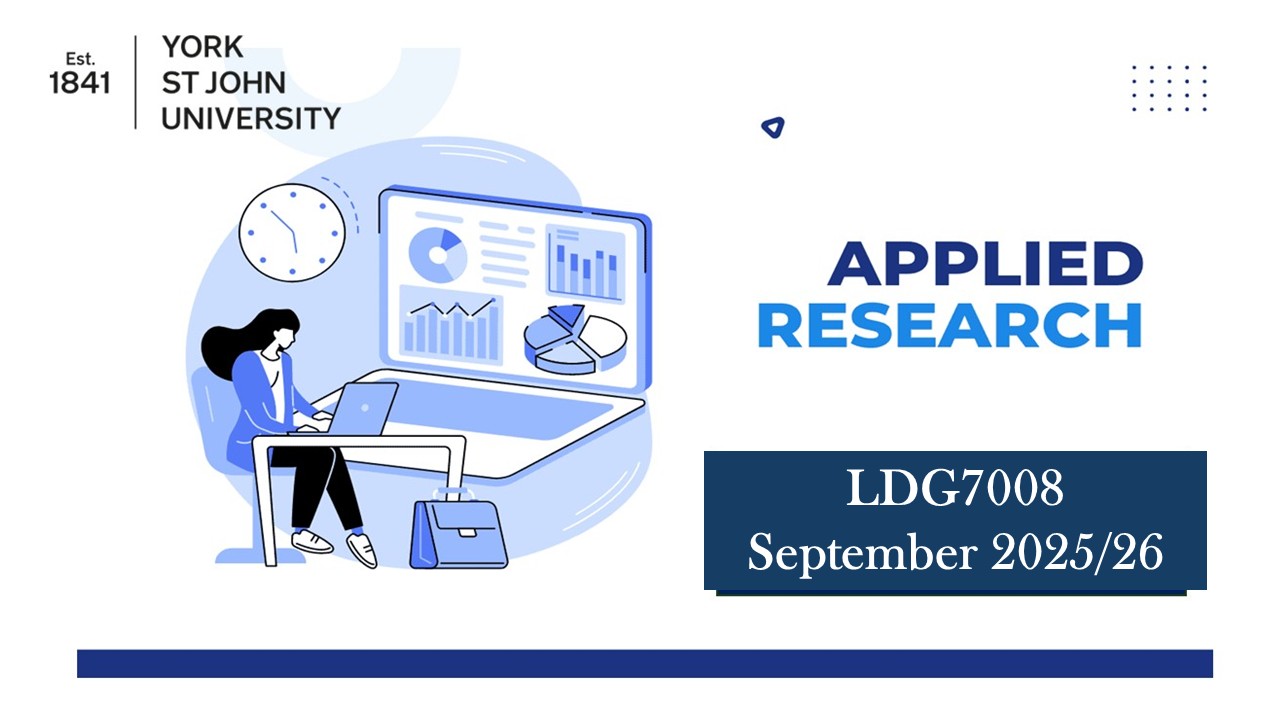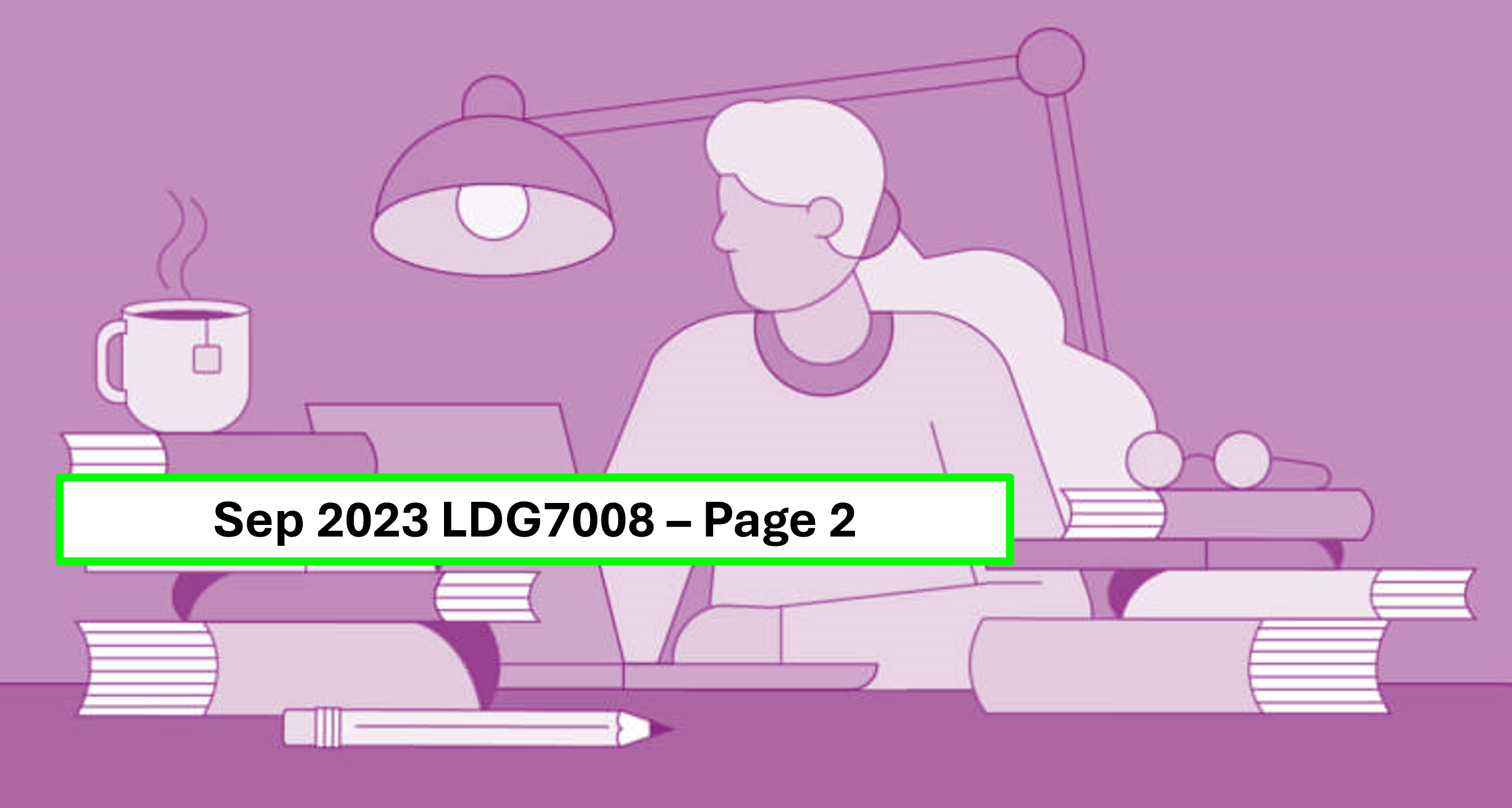Search results: 3642
LDG7007M–SepSep2024/25–T123–L09FT SepSep2024/25 | LDG7007M | Applied Research Project | T123 (Group L09FT)
Course modified date: 21 Nov 2025
- Enrolled students: 119
Category: London
LDG7008M-2024-25-T4-L09FT LDG7008M | Applied Research Project (Professional Experience) | 2024-25 T4 (Group L09FT)
Course modified date: 28 May 2015
- Enrolled students: 2
Category: London
LDG7008M-2025-28-L09F25 LDG7008M | Applied Research Project (Professional Experience) | 2025-28 (Group L09F25)
Course modified date: 13 Nov 2025
- Enrolled students: 20
Category: YSJ London > Business (London)
LDG7008M-SepSep2022-23-T123-L09FT SepSep2022/23 | LDG7008M | Applied Research Project (Professional Experience) | T123 (Group L09FT)
Course modified date: 5 Dec 2024
- Enrolled students: 63
Category: London
LDG7008M-SepSep2022-23-T123-L09PT SepSep2022/23 | LDG7008M | Applied Research Project (Professional Experience) | T123 (Group L09PT)
Course modified date: 3 Aug 2022
- Enrolled students: 53
Category: London
LDG7008M-SepSep2023/24-T123-L09F23 SepSep2023/24 | LDG7008M | Applied Research Project (Professional Experience) (1 of 2) | T123 (Group L09F23)
Course modified date: 8 Mar 2024
- Enrolled students: 44
Category: London
LDG7008M-SepSep2023/24-T123-L09FT SepSep2023/24 | LDG7008M | Applied Research Project (Professional Experience) (2 of 2) | T123 (Group L09FT)
Course modified date: 1 Sep 2023
- Enrolled students: 60
Category: London
LDG7008M–SepSep2024/25–T123–L09F24 SepSep2024/25 | LDG7008M | Applied Research Project (Professional Experience) | T123 (Group L09F24)
Course modified date: 3 Nov 2024
- Enrolled students: 32
Category: London
LDG7008M–SepSep2024/25–TYEAR–L09F23 SepSep2024/25 | LDG7008M | Applied Research Project (Professional Experience) | TYEAR (Group L09F23)
Course modified date: 21 Nov 2025
- Enrolled students: 44
Category: London
LDI7007M-2022-23-T123-L09PT LDI7007M | Applied Research Project | 2022-23 T123 (Group L09PT)
Course modified date: 28 May 2015
- Enrolled students: 1
Category: London







